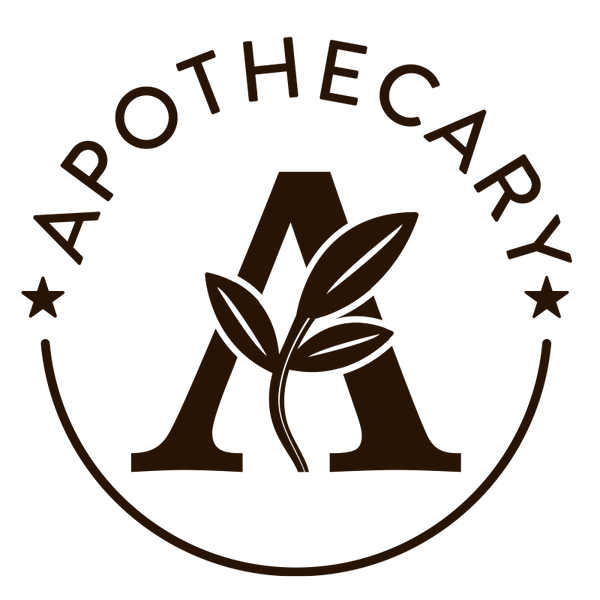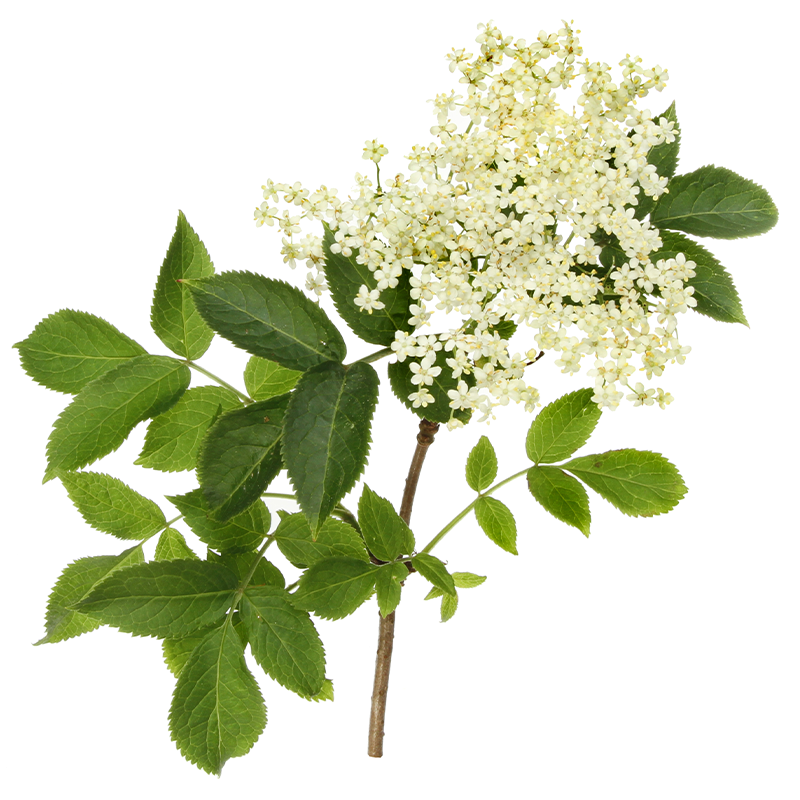Elderflower, a delicate & vitamin-rich flower.
Elderflower (Sambucus nigra & S. ebulus), rich in several vitamins and high in antioxidants, has a delicate sweetness with subtle pear, lychee, and tropical nuances. Ideal for aromatic and healthful infusions, Elderflower is often used in teas, cordials, and syrups. Its floral and fruity notes make it a delightful ingredient in culinary creations, adding a touch of elegance and flavor.
Elderflower is celebrated for its delicate, sweet floral essence. Rich in flavonoids like quercetin and rutin, along with phenolic acids, it's a treasured herbal remedy. Traditionally used for its antioxidant properties, elderflower is ideal in teas, infusions, and cosmetics. Revered in Europe for centuries, it offers a gentle, nurturing touch to both healing potions and culinary creations.
Elderflower is also appreciated in skincare for its soothing and nourishing properties. Its popularity extends to cocktails and non-alcoholic beverages, where it adds a unique and refreshing dimension.
Know Your Ingredient: Elderflower
| Latin Name | Sambucus nigra & S. ebulus |
| Active Ingredients | Flavonoids (Quercetin, Rutin), Phenolic Acids (Chlorogenic Acid, Caffeic Acid), Naringenin |
| Classification Secondary Metabolite | Flavonoids, Phenolic Acids |
| Flavor | Sweet, lightly floral |
| Common Use | Herbal teas, infusions, cosmetics, traditional medicine for due to antioxidant properties |
| Origin | Widely distributed in Europe, also cultivated in other parts of the world |


